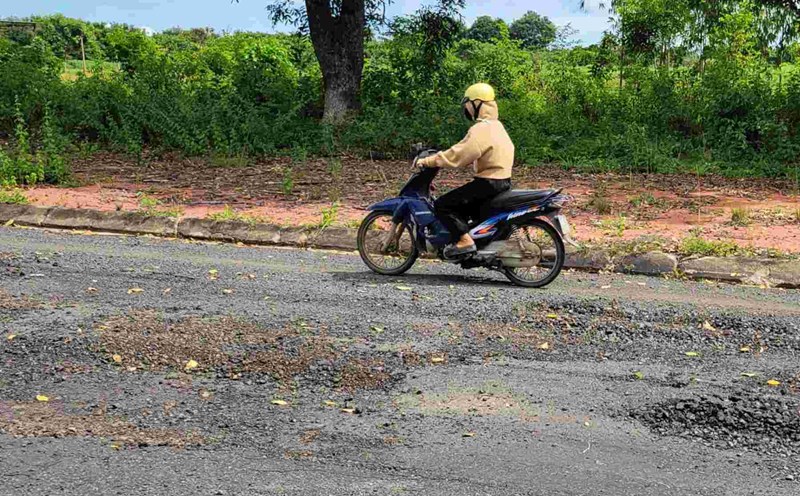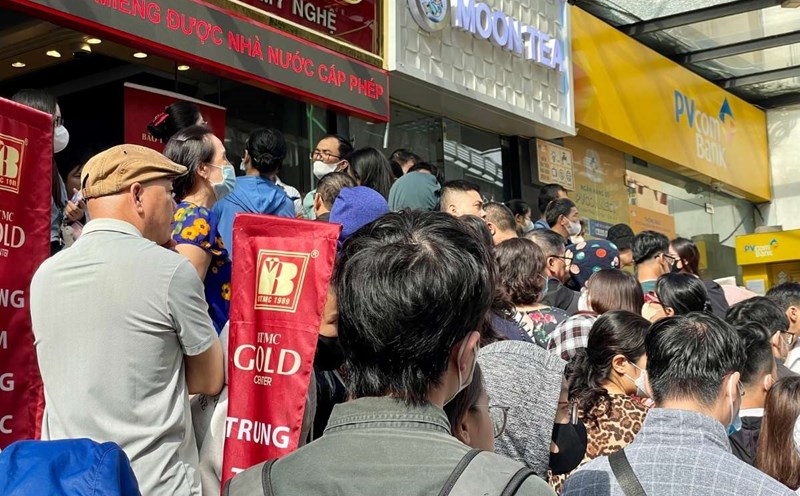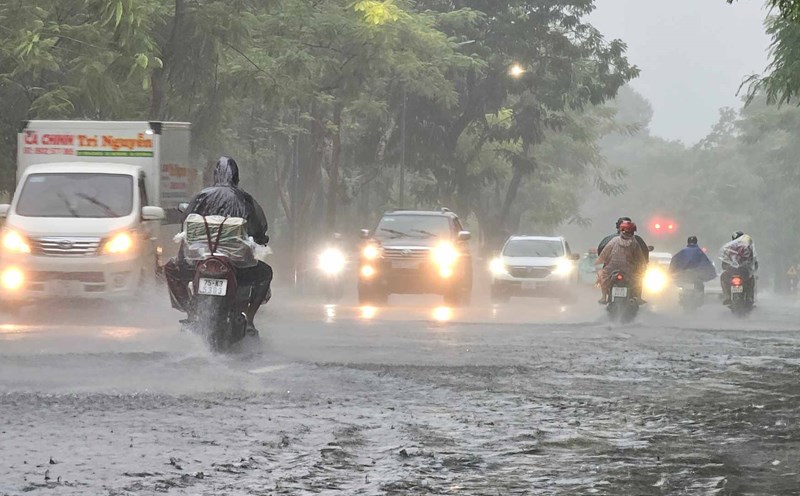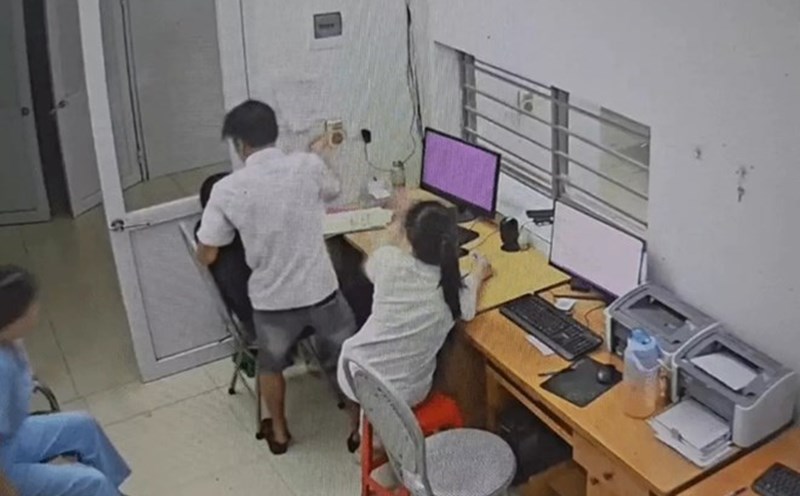Immediately after receiving instructions and guidance from the Central Government, the People's Committee of Da Nang City established a Steering Committee and immediately implemented the 9-day peak campaign "clearing the land database" - from September 25, 2025. Up to now, localities are urgently reviewing, standardizing data, authenticating land user information with the Population Database, building land plot identification codes, to be able to synchronize data to the Central Government and restructure administrative processes towards complete digitalization.
According to the Department of Agriculture and Environment of Da Nang, after the merger, Da Nang City has 94 communes and wards. The total number of plots of land with built land use certificates is 793,604 plots. Of which, 29/95 communes and wards have completed land records (including: 151 communes and wards of the old Da Nang, 142 communes and wards of the old Quang Nam). There are 43 1994 communes and wards that have partially completed. The rest is under construction.
Thus, to complete the goal of "clearing the land database", Da Nang must synchronously implement about 70% of commune-level land use right certificates in the entire new city.
The campaign focuses on three main tasks: editing cadastral data, building land use identification codes and integrating with other national databases. The cleaning and standardization of data is considered the foundation for modernizing land management, ensuring "correct - sufficient - clean - living - unified - shared".
For the people, the campaign helps ensure that the information on the Land Use Rights Certificate is synchronized and accurate with the National Database. Procedures for transfer, inheritance, mortgage... will be shortened in time and reduce paperwork thanks to integration in the electronic environment. People can also look up land information directly on the VNeID application, creating convenience and transparency.
For businesses, a clean database helps access accurate land information, reduce legal risks, reuse available data to reduce paperwork, speed up the progress of handling administrative procedures.
For state management, synchronizing land data contributes to building a digital government platform, helping to plan policies, plan and manage resources more effectively.
Ms. Nguyen Thu Phuong, Deputy Director of the Department of Culture - Sports and Tourism of Da Nang, said that the success of the campaign depends on the close coordination of people and businesses in providing, comparing and updating land information. Therefore, information, communication and guidance to people and the business community are extremely important.
Ms. Phuong suggested that the press get involved to support the locality in propagating this policy. "This is a big step forward in national digital transformation, directly bringing practical benefits to people, businesses and society" - Ms. Phuong said.












